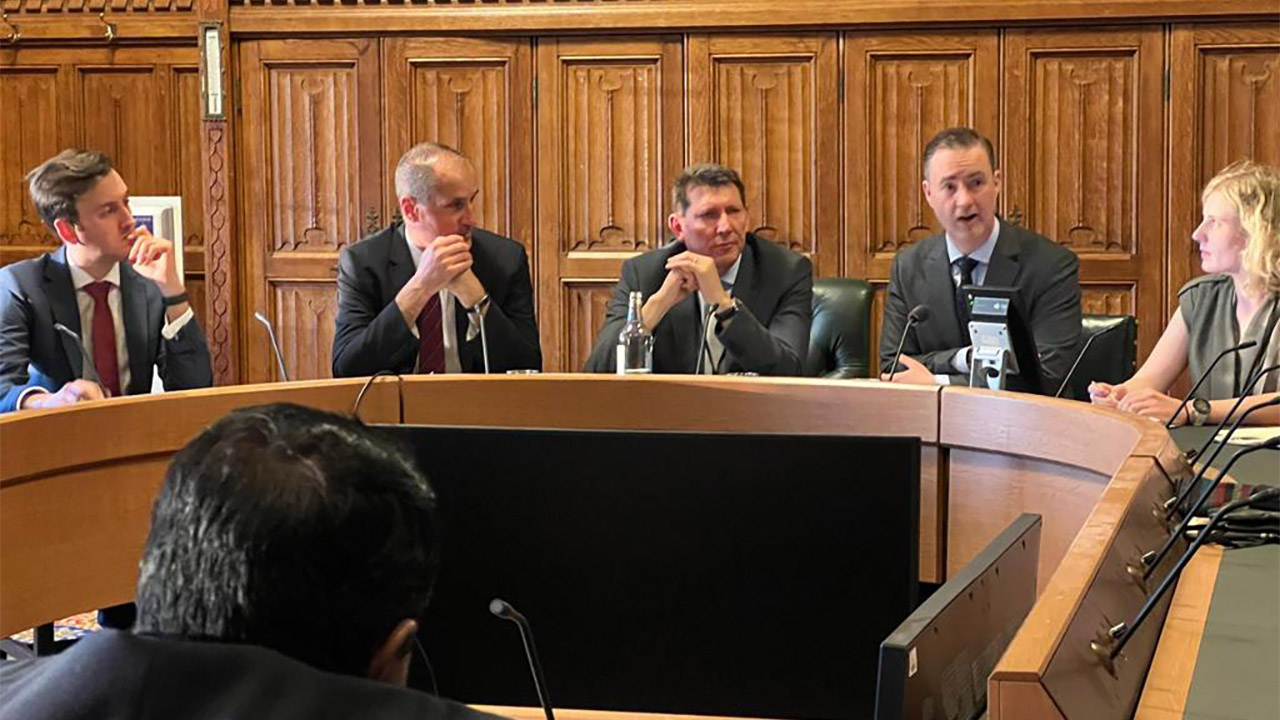Mittu Sridhara joins Clayton, Dubilier & Rice as Operating Principal
Clayton, Dubilier & Rice have announced the appointment of seasoned technology executive Mittu Sridhara as an Operating Principal. Mr. Sridhara will play a key role in evaluating investment opportunities and driving value creation at the Firm's portfolio companies.
"We are excited to welcome Mittu to CD&R as we continue to strengthen the breadth and depth of our Operating Principal team, who we believe serve a critical role in the growth and transformation of our portfolio companies," said David Novak, Co-President of CD&R.


























